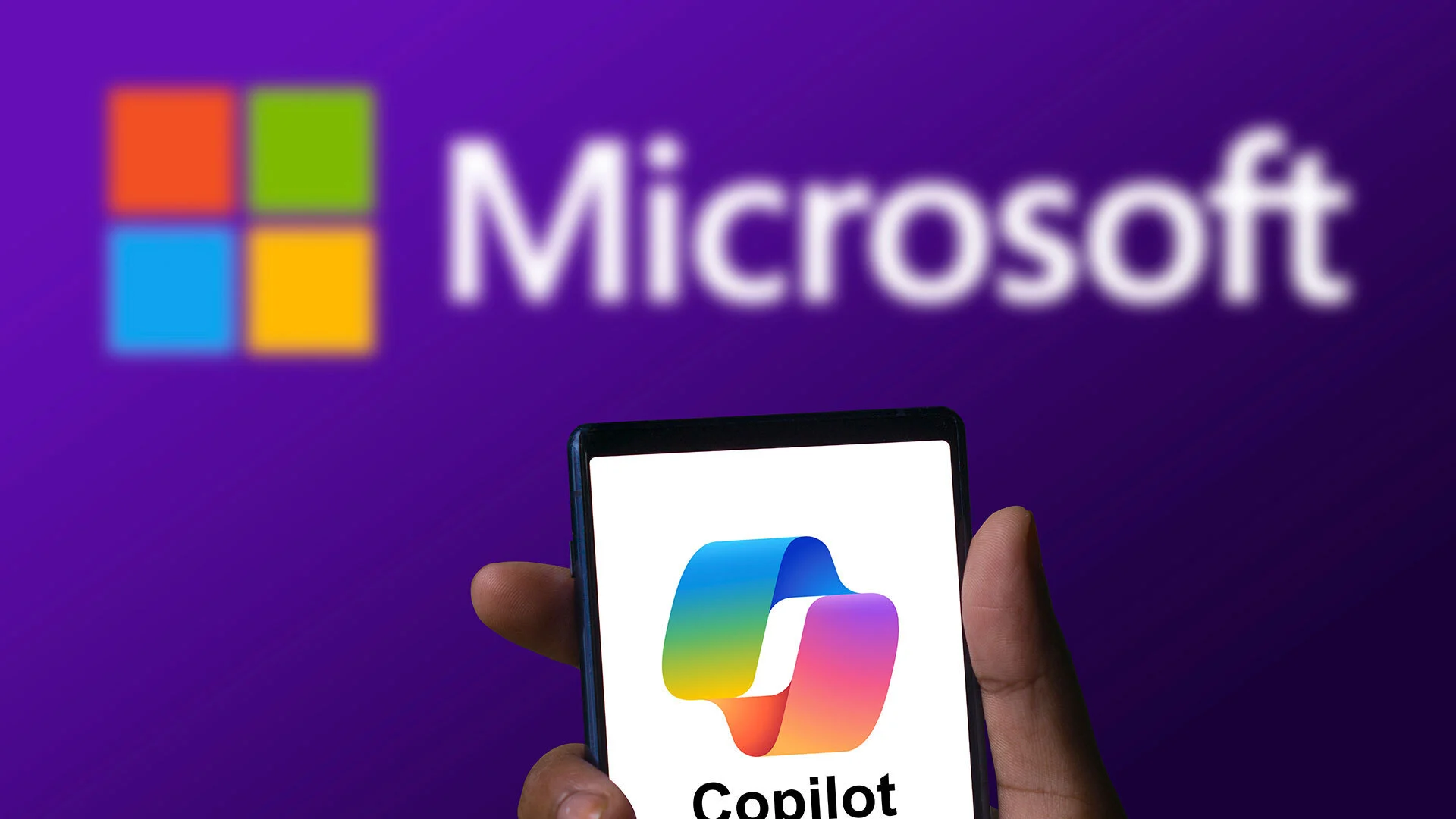“Copilot Mode” Transforms Microsoft Edge into AI Browser
Microsoft on Monday, July 28 introduced Copilot Mode, a new feature in its Edge browser, in response to the increasing demand for AI-powered browsers. This feature enables users to browse the web with the assistance of AI.
The concept is that the AI can function as a companion that can comprehend the user’s research, anticipate their intentions, and subsequently execute them.
Microsoft acknowledges that Copilot Mode is still considered an experimental feature, although the effectiveness of the feature in actuality remains to be determined.
During these experiments, it is also opt-in by default and is presently available at no cost to all Mac and PC users who have access to Copilot.
At the time of launch, Copilot Mode comprises only a handful of primary components, with additional features anticipated in the future.
Copilot will provide Edge users with a new tab page that allows them to search, communicate, and navigate the web with its help once it is enabled.
Additionally, they may consult Copilot for additional assistance when accessing a particular website.
For instance, Microsoft illustrates how an individual may inquire of the AI companion whether a recipe they are currently viewing could be converted to veganism, and Copilot provides recommendations for substitutions.
In the present day, users may pose this type of inquiry to an AI chatbot; however, this eliminates the necessity of copying and pasting the content they wish to reference.
Alternatively, an individual could request that the AI present the recipe directly, thereby avoiding the need to read the “life story” that currently accompanies numerous online recipes.
Furthermore, Microsoft asserts that Copilot is capable of managing a diverse array of tasks on behalf of the user, including the composing of content, the creation of purchasing lists, and the scheduling of appointments.
The next significant advancement in the AI browser competition is the “agenttic” use of the web; however, it is uncertain whether consumer adoption will inevitably follow.
Naturally, the objective is to facilitate the completion of routine tasks, such as booking a hotel room on Booking.com or booking a flight on Kayak.
Nevertheless, the efficiency and effectiveness of conversing with an AI to discuss your requirements and options may not be superior to completing the task independently, as it is contingent upon your level of familiarity with the website in question.
Nevertheless, Copilot does permit voice input, which may prove advantageous for individuals who are less adept at online reserving or those who have restricted mobility.
In the future, Microsoft intends to enable users to provide Copilot with the necessary context, such as credentials or history, to facilitate more complex actions, such as reservations. Currently, the process is more manual.
Perhaps even more intriguing is Copilot’s capacity to serve as a research partner. Copilot has the ability to view all open webpages with the user’s consent in order to ascertain the content the individual is perusing.
This could be beneficial if they are conducting online research or comparing products, such as the pricing of flights or hotels across multiple websites.
Once more, these are applications for AI chatbots; however, the integration of the technology into the browser could expedite the translation of the user’s requirements to the digital assistant.
According to Microsoft, Copilot will also suggest subsequent actions to assist individuals in continuing their research or undertaking from where they left off in the future.
The company emphasizes that Copilot will only be able to access an individual’s perusing content when they choose to grant it, and this will be made clear to the end user through visual signals.
Nevertheless, the notion that you can now activate or deactivate a feature that can monitor and listen to you while you seek may cause some individuals to feel uneasy.
news via inbox
Get the latest updates delivered straight to your inbox. Subscribe now!




